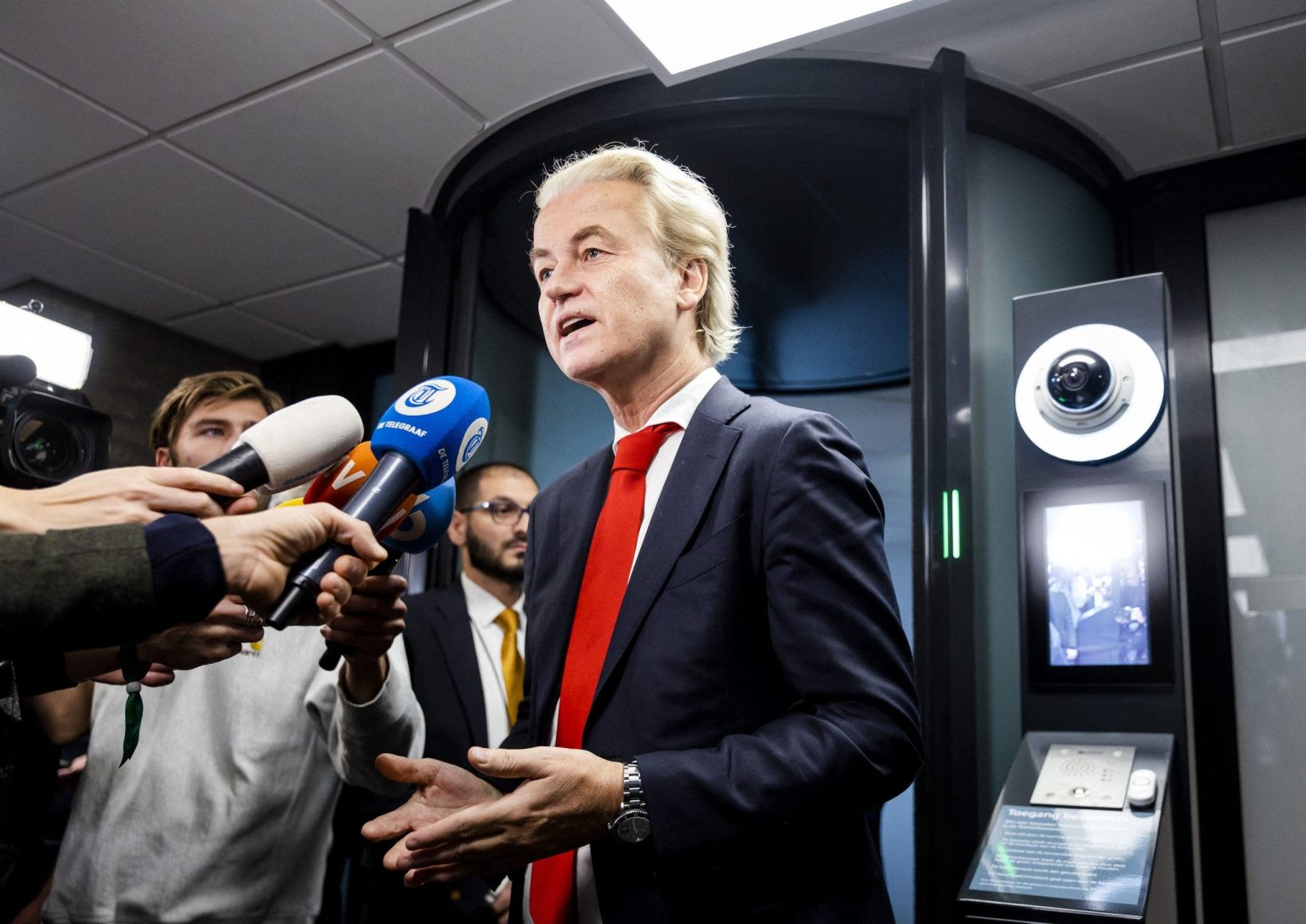The recent success of right-wing parties in the European Parliament elections has caused shock throughout the continent and around the world, with potential implications for the upcoming U.S. presidential election. Voters across the 27 member states of the European Union cast their ballots between June 6 and 9, leading to a significant shift from left to right in the composition of the parliament’s groups, with the center-right European People’s Party (EPP) Group retaining the majority of seats. The success of right-wing parties in Europe is seen as part of a broader global trend towards right-wing politics, with over 50 countries holding elections this year, possibly reflecting growing voter sentiments both in Europe and the United States.
Factors such as immigration, healthcare, housing, and the cost of living crisis have been cited as key issues driving support for right-wing parties in Europe. In addition, support for Ukraine and the question of EU membership expansion have also played a role in shaping voter attitudes. The European Conservatives and Reformists (ECR) party made significant gains in the European Parliament elections, becoming the third-largest European party and solidifying the presence of right-wing parties in the parliament. The EPP also made gains, highlighting the divided nature of politics in many European countries.
The success of right-wing parties in the European Parliament elections could have significant implications for European politics and policy-making. Right-wing parties have gained leverage in policy discussions, with the ruling EPP likely to engage with them to pass legislation and potentially advance the right-wing agenda. The ECR party, a Eurosceptic group closely affiliated with right-wing parties in Italy and led by Italian Prime Minister Giorgia Meloni, has seen considerable support in France, Germany, and Italy, signaling a growing right-wing opposition to established centrist parties.
The rise of right-wing parties in Europe has also prompted responses from politicians on the left, who are concerned about the implications of the ECR’s success on future policy decisions. In France, where National Rally, a right-wing party, performed exceptionally well in the European Parliament elections, President Emmanuel Macron called for a snap election to address the party’s growing influence. The upcoming French elections are seen as a critical moment for the country’s political direction, with right-wing parties poised to make significant gains.
Despite the gains made by right-wing parties in the European Parliament elections, some analysts believe that the pro-European majority represented by left-wing parties will continue to shape the parliament’s policies and approach. Parties like Renew Europe, which lost seats in the elections, are confident that the center-left majority will be able to maintain the status quo and resist significant changes in the parliament’s functioning. Overall, the aftermath of the European Parliament elections has raised questions about the future of European politics and the implications for global trends towards right-wing populism.
In conclusion, the recent success of right-wing parties in the European Parliament elections has shaken up the political landscape in Europe and raised concerns about the future direction of European politics. The rise of right-wing parties, such as the ECR, has shifted the balance of power in the parliament and could have ramifications for future policy decisions. As Europe grapples with the influence of right-wing populism, the upcoming U.S. presidential election will be closely watched to see if similar trends emerge on a global scale.













